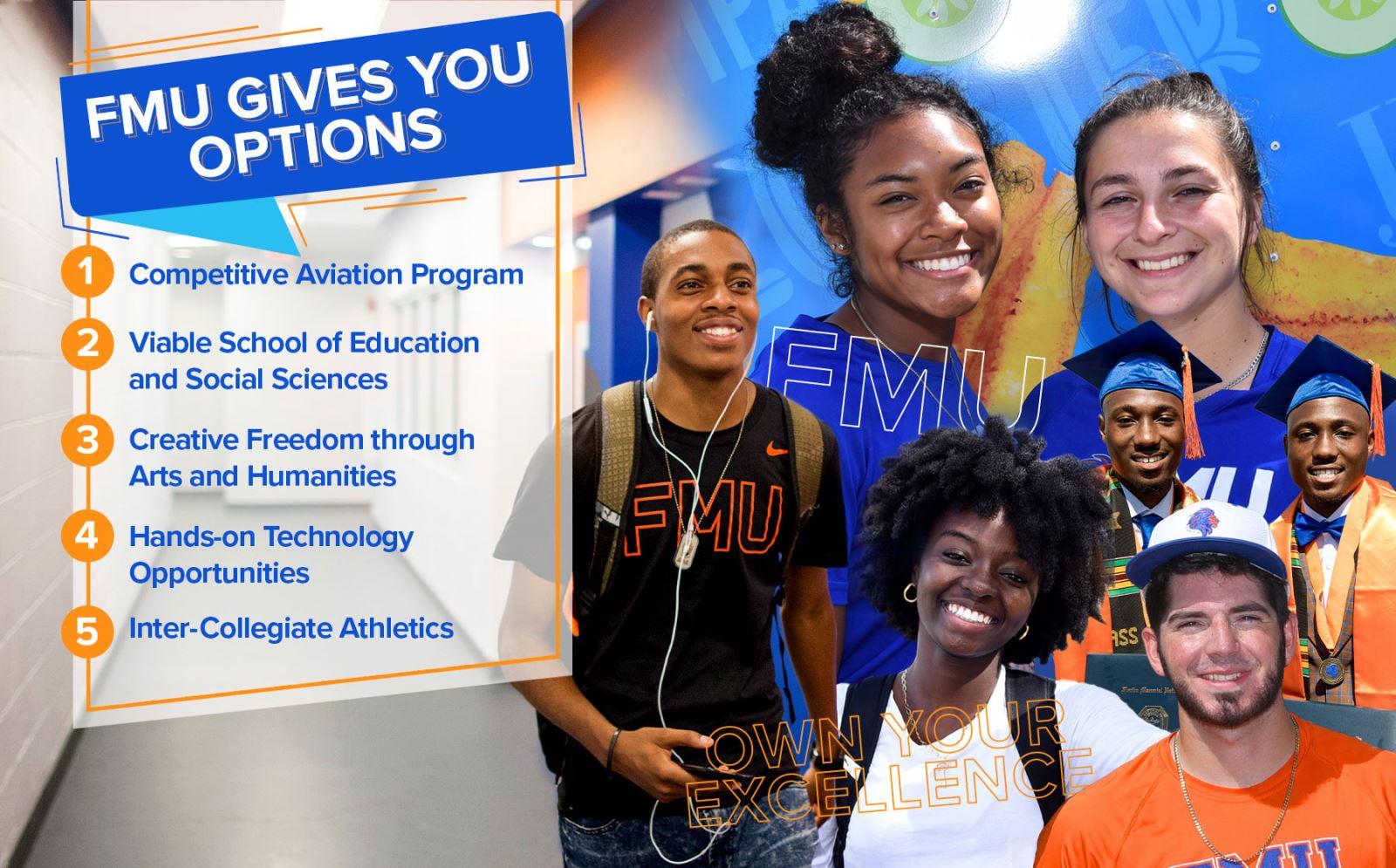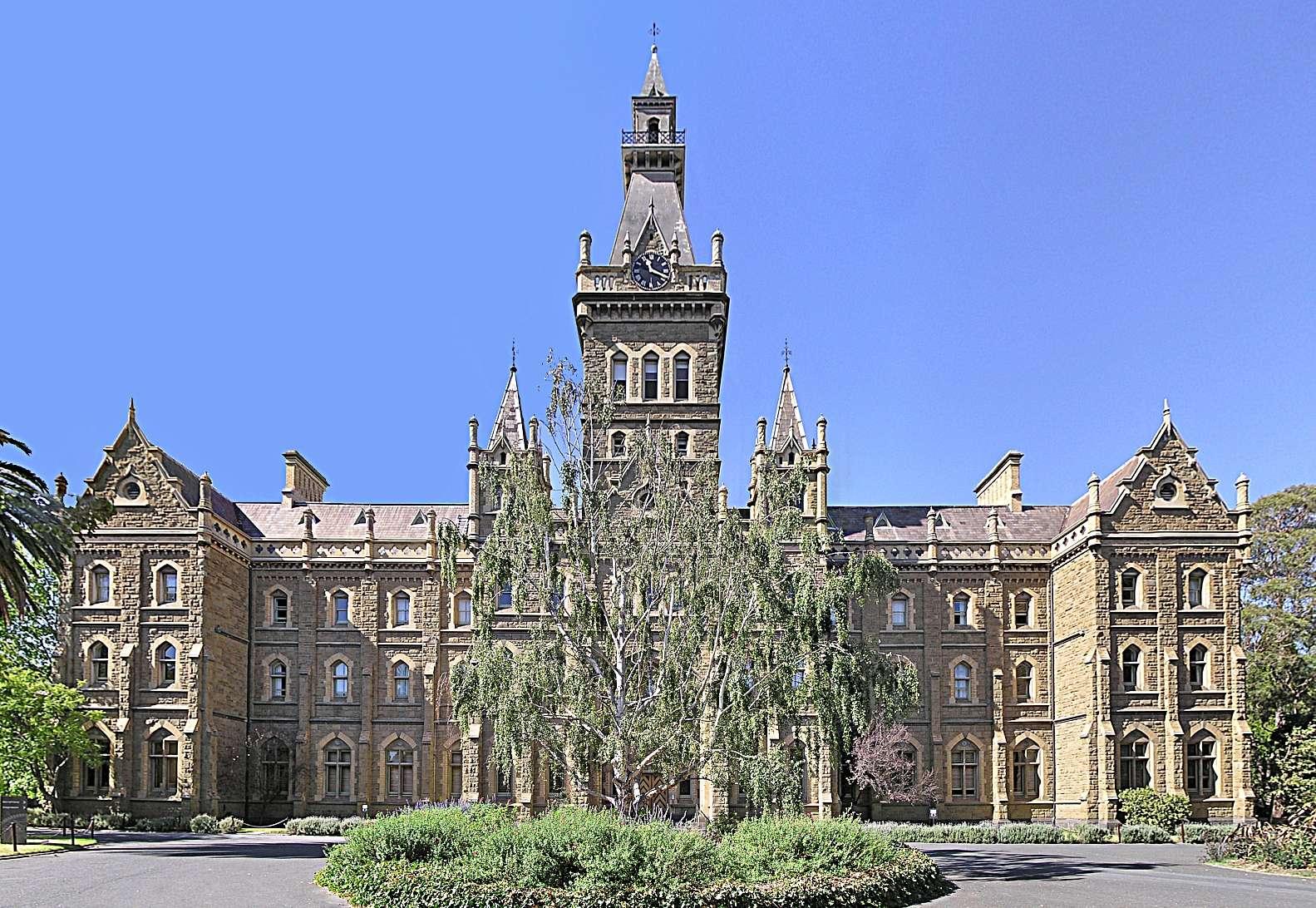Where the North Atlantic meets the rocky edge of St. John’s, Memorial University of Newfoundland stands as both a community anchor and a gateway to possibility. True to its origins as a living memorial, the university pairs rigorous learning with a commitment to access-embodied in a wide array of scholarships that help students turn ambition into momentum.
This article introduces the landscape of Memorial’s funding opportunities in Canada, from entrance awards and in-course scholarships to bursaries, graduate fellowships, and discipline-specific prizes. It explores support available to domestic and international students alike, including targeted awards for Indigenous learners and those pursuing research in fields that reflect the province’s strengths, such as ocean sciences, engineering, business, and the arts. You’ll find a clear overview of eligibility criteria, typical award ranges, deadlines, and how funding from the university, government partners, and private donors intersects.
Think of the following pages as a lighthouse for your planning: a steady guide to navigating requirements, strengthening your application, and matching your goals with the right sources of support-without the hype, and with the details that matter.
Mapping the Memorial University scholarship ecosystem by faculty level and eligibility
Memorial’s funding landscape is layered by study level, faculty, and student status, creating multiple entry points for support. At the undergraduate tier, you’ll find entrance scholarships (often automatic consideration), in-course awards tied to GPA and leadership, and faculty- or campus-specific awards through Engineering, Business, Nursing, Science, Humanities and Social Sciences, the Marine Institute, and Grenfell Campus. Graduate and doctoral candidates tap into a different mix: departmental fellowships, supervisor- or grant-funded assistantships, School of Graduate Studies awards, and nationally competitive options like Tri-Agency and Mitacs. Professional pathways (e.g., Medicine, Pharmacy, Education) layer on targeted support for practicum, rural placements, and community-engaged projects. Look beyond pure merit-Memorial’s bursaries and donor-funded awards often recognize financial need, research alignment with Newfoundland and Labrador priorities, and service to campus or community.
- Undergraduate focus: entrance/renewable awards, program-specific donor scholarships, co-op and fieldwork bursaries, and recognition for leadership or volunteerism.
- Graduate focus: thesis-based fellowships, teaching/research assistantships, travel and conference funding, and collaborative industry research stipends.
- Faculty lenses: Engineering & Applied Science (design, co-op, capstone), Business (case competition, entrepreneurship), Marine Institute (oceans, fisheries, safety), Arts & Social Sciences (humanities research, community impact), Science & Medicine (laboratory, clinical, field research).
- Student status: domestic, international, Indigenous, first-generation, rural NL, part-time or returning learners-many streams have tailored eligibility.
To position yourself, map eligibility against your profile and timeline. Start with the university’s scholarships and bursaries directory and your faculty’s funding page; note which awards are automatic versus those requiring an application in the portal. Build a quick checklist that aligns with common criteria:
- Academic thresholds: target GPA bands used for entrance and in-course awards; maintain full-time status when required.
- Program match: confirm you meet faculty/program restrictions, year of study, co-op/practicum status, and campus (St. John’s, Grenfell, Marine Institute).
- Citizenship and residency: identify awards for international students versus Canadian or Newfoundland and Labrador residents.
- Research fit: articulate your project’s alignment with faculty priorities or provincial/ocean-focused themes; secure a supervisor’s support letter early.
- Financial need and impact: prepare brief statements, proof of need (if applicable), and a concise CV highlighting leadership, service, and outreach.
- Deadlines and cadence: entrance cycles, fall/winter in-course rounds, and rolling graduate competitions often overlap-set reminders and reuse polished materials.
Smart applicants stack funding: combine a faculty award with a small bursary, add a research travel grant, and pursue an external scholarship to stabilize multi-year budgets. This layered strategy mirrors how Memorial’s ecosystem is designed to work-broad access at entry, deep support as you specialize, and targeted opportunities aligned with your faculty and eligibility profile.
Funding at a glance tuition remission stipends and hidden costs to plan for
Funding at Memorial University is typically a blend of tuition scholarships (partial or full tuition remission), competitive awards, and paid work as a research or teaching assistant. For many thesis-based programs, your offer letter outlines whether tuition is waived or offset, how long your support is guaranteed (8-, 12-, or 16-month cycles), and what performance benchmarks you must meet to renew. Stipends are usually disbursed biweekly or monthly and may span only active terms, so plan for summer or intersession gaps. Confirm whether your package covers program tuition only or also ancillary fees (student services, recreation, transit, insurance), and remember that most scholarships and assistantships in Canada have tax implications. Ask early about departmental top-ups, supervisor-funded RA positions tied to grants, and travel funds for conferences or fieldwork.
- Clarify the basics: stipend amount and schedule, funding length, renewal conditions, and whether support is 8 or 12 months per year.
- Know what’s covered: tuition vs. per-semester fees, health/dental plan charges, and any program-specific surcharges.
- Map your work options: TA/RA hours, union rates, eligibility for on-campus roles, and limits for international student work.
- Plan for taxes: request T4/T4A slips, set aside a portion of each payment, and check tax credits for students in Canada.
Hidden costs can sneak up in St. John’s-even with generous Memorial University of Newfoundland scholarships-so build a realistic, Canada-based budget. Expect one-time arrival expenses and seasonal needs alongside steady living costs. Newfoundland’s climate means winter-ready clothing and higher utilities in colder months; island travel can raise flight prices and shipping fees. Factor in study permit and biometrics costs for international students, potential upfront housing deposits, and program extras like lab supplies, safety gear, or field logistics. Keep a buffer for research changes, conference acceptances, or delayed reimbursements.
- Common add-ons: student service fees, GSU health/dental premiums, campus recreation, printing, and transcript requests.
- Academic extras: books and software, lab or studio materials, fieldwork travel, and thesis formatting or submission costs.
- Living costs: rent and utilities, winter clothing, mobile/data, groceries, and public transit or vehicle expenses.
- Arrival and immigration: flights to St. John’s, airport transfers, temporary accommodation, study permit/biometrics/medical exam, and currency exchange or bank transfer fees.

Deadlines documents and referee advice for a compelling application
Plan backward from the deadline-that’s the simplest way to keep MUN scholarship dates from sneaking up on you. Entrance awards for undergraduates often close in late winter to early spring, while competitive graduate funding tends to align with program intakes and can fall several months before the semester starts. Some awards are automatic (assessed with admission), but named scholarships and fellowships may require a separate, earlier application. International applicants should build in extra time for credential evaluations and visa processing; aim to have a polished application ready well before the posted date to avoid last‑minute document bottlenecks.
- Create a mini timeline: 10-12 weeks out (draft statement and CV), 8 weeks (request references), 6 weeks (order official transcripts and test scores), 3-4 weeks (final proofread and convert to PDF), 1-2 weeks (submit and confirm receipt).
- Track multiple clocks: program admission deadline, scholarship deadline, document receipt cutoff, and funding decision window.
- Don’t rely on “priority” dates: competitive Canada scholarships fill fast; early, complete submissions are noticed.
- Verify each faculty’s rules: some units at Memorial University of Newfoundland post addenda for department-funded awards.
Your materials should tell one coherent story about fit, potential, and impact. Compile a clean, consistent package: official transcripts with grading scales, an achievement-focused CV, a program‑specific statement of intent or research proposal, proof of English proficiency (e.g., IELTS/TOEFL if required), relevant writing samples/portfolio, and a copy of the passport bio page for international applicants. Name files clearly (Lastname_Firstname_DocumentType.pdf), keep formatting simple, and check that metadata (dates, names) matches across documents. Strong referee letters can tilt decisions in your favor-choose writers who know your work in depth and can quantify your contributions.
- Choose strategically: supervisors or instructors who taught/mentored you recently and can compare you to peers.
- Ask early (4-6 weeks): share your CV, draft statement, unofficial transcript, and bullet points aligned with the scholarship criteria.
- Make it easy to say yes: provide the exact deadline, submission link, letter format, and any prompts Memorial University uses.
- Guide the narrative: invite referees to cite outcomes (GPA trends, publications, labs, fieldwork, leadership, community impact) and your fit with MUN’s research strengths.
- Waive your right to view if possible-confidential letters are often weighted more heavily.
- Follow up respectfully: a reminder one week and 48 hours before the due date, plus a thank‑you and the result later.

Smart tactics for international students and local residents including alternative funding routes
Stretch every dollar by layering institutional awards with external opportunities and income that complements your studies. Start by building a living “funding file” that includes a polished CV, tailored statements, and ready-to-send references-then schedule recurring reminders for MUN entrance, continuing, and departmental award windows. Align your research or projects with funded priorities in Newfoundland and Labrador to unlock supervisor-backed roles and industry collaborations, and choose campus jobs that sharpen your academic profile while strengthening your Canadian experience.
- Stack strategically: Combine entrance scholarships, in-course awards, departmental bursaries, and emergency funds where policy allows; clarify renewability and stacking rules before you apply.
- Secure early RA/TA lines: Discuss grant timelines with potential supervisors; volunteer on a pilot task to demonstrate value, then formalize paid research or teaching assistantships.
- Use campus work as a career lever: Target MUCEP and ISWEP roles tied to your program; pick duties that yield references, portfolio pieces, and Canadian workplace skills.
- Leverage co-op and paid internships: In co-op-eligible programs, plan work terms around high-demand seasons to maximize earnings without derailing GPA.
- Look beyond campus: Apply for Mitacs Accelerate (grad), professional-association awards, and partner-funded projects; citizens/PRs can also explore Tri-Agency competitions through supervisors.
- Pitch with proof: Quantify impact (GPA trends, hours volunteered, outcomes achieved) and show community contribution in Newfoundland and Labrador to stand out for Memorial University of Newfoundland scholarships.
Alternative funding routes can bridge gaps for both newcomers and homegrown talent pursuing scholarships in Canada. Pair awards with smart financing: ask the Cashier’s Office about installment options, time earnings cycles to fee deadlines, and claim eligible tax credits on tuition. Build a diversified plan that blends academic merit with needs-based support, employer sponsorships, and community-driven grants so your budget stays resilient through busy terms and fieldwork.
- For international students: Follow IRCC work authorization while prioritizing on-campus roles and assistantships; tap Mitacs (grad), faculty grants, and research internships; use departmental travel/conference funds to offset academic costs; check emergency bursaries and short-term loans for unexpected needs; reduce expenses via textbook swaps, housing co-ops, and transit discounts.
- For Newfoundland and Labrador residents: Combine StudentAidNL with Canada Student Grants/Loans; explore Indigenous band funding and Indspire (where eligible); ask employers and unions about tuition assistance or training funds; search local community foundations, credit unions, and professional associations for regional awards; maximize tax credits and childcare subsidies to free cash for tuition.
Key Takeaways
As you weigh your next steps, remember that scholarships at Memorial University are not just line items on a budget-they are structured pathways that can make study in Newfoundland and Labrador more attainable, focused, and sustainable. Whether you are entering an undergraduate program, pursuing graduate research, or returning to study, there are options that recognize different forms of merit and need.
The most important moves now are practical ones: map out eligibility, note deadlines, gather references and transcripts early, and compare internal awards with external and government funding you may also qualify for. International applicants should review study-permit timelines and funding conditions alongside award requirements. When in doubt, consult the official Memorial University website and the Scholarships and Awards resources for the latest details.
On an island shaped by tides and time, planning is your compass. If Memorial is where your path leads, let a well-prepared application carry you the rest of the way.


